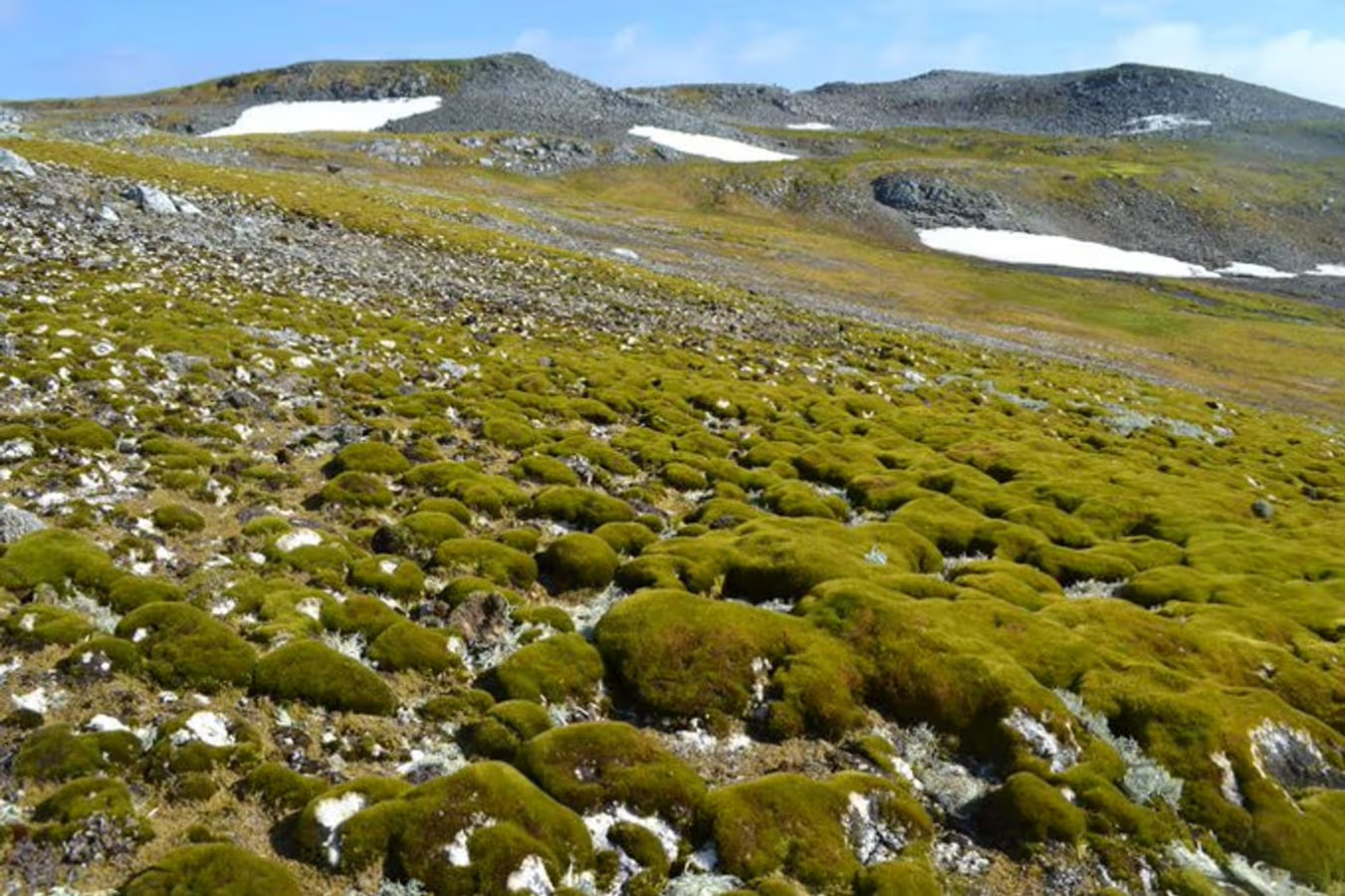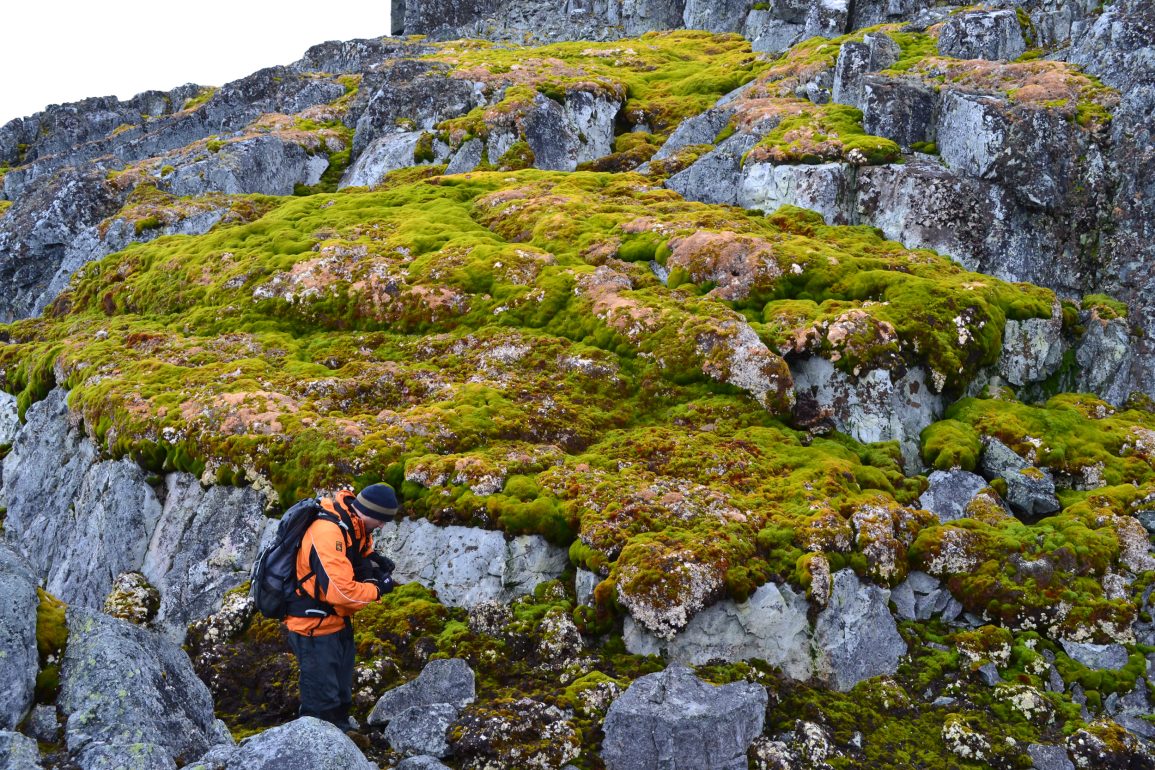A recent study has revealed a striking transformation occurring in the Antarctic Peninsula, one of the coldest regions on Earth, where vegetation is experiencing a significant increase due to global warming. Over the past four decades, the area covered by plants has expanded more than tenfold.
Thomas Roland, a co-author from the University of Exeter, noted that while the region is still predominantly covered by snow, ice, and rock, the small areas that support plant life have shown remarkable growth. This shift highlights the far-reaching effects of human-induced climate change, even in such isolated environments.
The study indicates that Antarctica is warming at an accelerated pace, particularly in the West Antarctic and Antarctic Peninsula regions. Temperatures in the peninsula have risen by more than 5 degrees Fahrenheit since 1950, a change that far exceeds the global average.
This warming trend has been accompanied by a rise in the frequency of extreme heat events, further contributing to the greening of the region. Such temperature increases are having profound effects on the local ecology, leading to changes that were previously unseen in this harsh environment.

Researchers expect that the trend of increased vegetation in Antarctica will continue. Olly Bartlett, another co-author from the University of Hertfordshire, explained that although the soil in Antarctica is typically poor or even nonexistent, the growing plant life will enhance organic matter and help develop soil.
This process could create opportunities for other plant species to thrive, raising concerns about the potential introduction of non-native and invasive species. These organisms could be inadvertently brought in by tourists, scientists, or other visitors to the continent.
The researchers employed satellite imagery to assess the greening trend across the Antarctic Peninsula, representing a significant advancement in understanding how climate change is reshaping this remote region.
Jasmine Lee, a conservation scientist at the British Antarctic Survey, emphasized the significance of the study, noting that it provides a comprehensive view of the entire peninsula, unlike previous studies that focused on smaller areas. This broad approach yields critical insights into the ecological changes underway in Antarctica.
Ultimately, the findings of this research underscore the profound impact of human activity on the Earth’s climate. The dramatic increase in vegetation in a region traditionally dominated by ice and snow serves as a compelling illustration of the broader implications of climate change.
As the Antarctic Peninsula continues to warm, the ongoing ecological shifts raise essential questions about the future of its ecosystems and the challenges posed by the potential arrival of invasive species.

